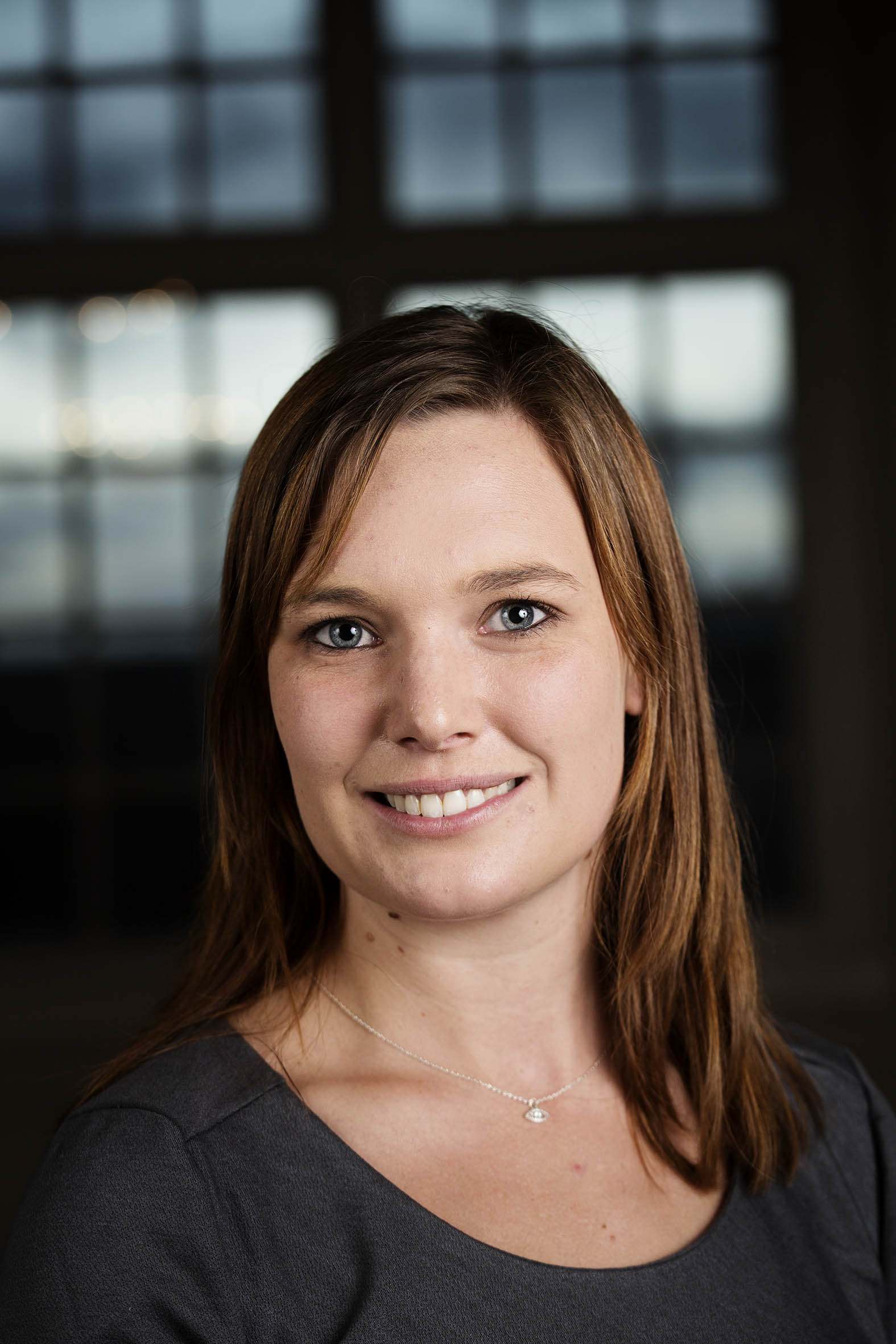The COST network broke the ice with European colleagues
Pernille Klarskov applied for and was offered a place in a COST network, and that was how she found new colleagues in the EU. After three years of postdoc studies in the USA, Pernille Klarskov Pedersen did not have a European network when she started as an assistant professor at Aarhus University. Now she is on the board of a COST network and has made many new contacts and met potential partners in the EU.

From sceptical to enthusiastic
Pernille Klarskov is an assistant professor in the Department of Engineering at AU, researching into the use of light in electronic measurement. The COST network that she joined has a strong emphasis on electronics, so she was actually slightly unsure what she could get out of it. However, she gave it a try and went to a kick-off meeting in Brussels. “I was wondering what would come of it. I thought it was on the fringes of my subject - and besides, what could a young researcher like me contribute? But it turned out to be really good. The organisers from COST were right on the ball and everyone was very open and welcoming,” she says.
Pernille is 32 years old and, as she says, she is still defining her own field of research. Most of the other people in the network are older and more experienced researchers. Nevertheless, she was chosen to head one of the four working groups, so she is also on the board of the network. “The others are very supportive and say it’s good for my career to have this position. The COST organisation is also very keen on diversity in terms of career stage, gender and geography,” she says.
Networking in record time
Pernille’s working group has met once, for two intensive days of presentations, with lots of discussion and social interaction. There is money in the network budget to invite presenters, and this provides further inspiration and networking opportunities. “As group leader, I was responsible for the academic content. And it’s a privilege to be able to invite experts in the field and connect them to your network. In a very short time, my European network has really expanded,” says Pernille Klarskov.
The next workshop is in February, when all four working groups will be present. This will be a whole week in the ‘Ecole de Physiques’ chalets in the mountains. “This workshop is all about getting to know each other. So there is an academic programme in the mornings and evenings, and informal gatherings – possibly outdoors – in the afternoons. My experience - and also the idea behind COST - is that the informal side is important to establishing partnerships,” says Pernille.
Interdisciplinary discussions
Pernille can see the advantage of a certain diversity in the fields of research in the network. This generates interesting interdisciplinary discussions and opportunities for cooperation. “We can do something across different areas of research. And it is good to see what others are doing, to hear about their experiences and get inspiration. It could also help me to find my own way in the research world and tear myself away from my PhD and postdoc supervisors,” she says.
In her experience, it can be challenging to start up as tenure-track assistant professor, where you have to do independent research, moving away from your PhD and postdoc supervisors and writing articles without them appearing as co-authors, for example. And here she finds the COST network helpful, when experienced professors include her, and are open to her ideas and possible future collaboration.
Pernille urges all researchers - especially the younger ones (and the women) - to join a COST network. It expands your European network, provides academic input, and in the long term it may result in an EU application. And the statistics speak for themselves. Proposals coming from a COST network have double the success rate compared to the European average.
Facts about COST networks
COST is an EU-funded programme which supports the establishment of international research networks. The overall purpose of COST is to support ground-breaking scientific work, which can lead to new concepts and new products. The COST networks are intended to prepare their members to participate in research projects under Horizon 2020. Denmark has been a member of COST since the start of the initiative.
Who can take part?
Researchers affiliated to Danish research institutions and Danish companies can be members of COST networks.
How do you join?
Researchers from Danish institutions can either join an existing network or set up a new network.
There are three different levels of participation in a COST network:
1. Management Committee level. All COST networks are generally open to new members.
2. Network Working Groups
3. Network Activities
Find out more here: UFM and Cost.
You are also welcome to contact the Research Support Office.